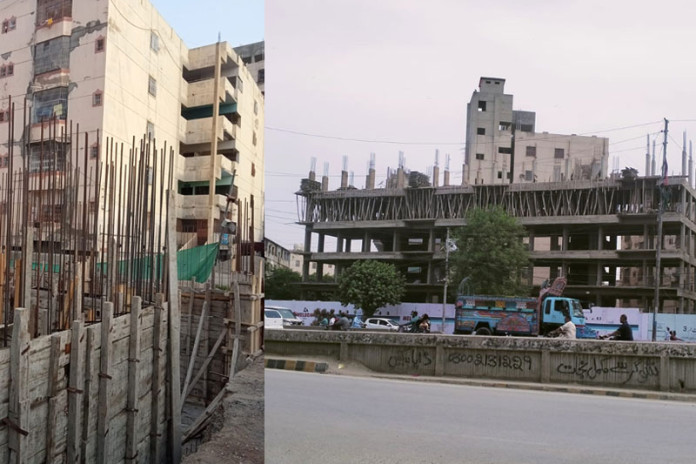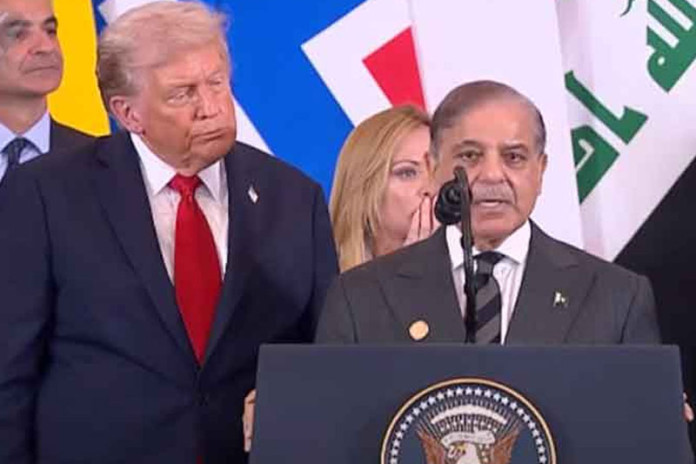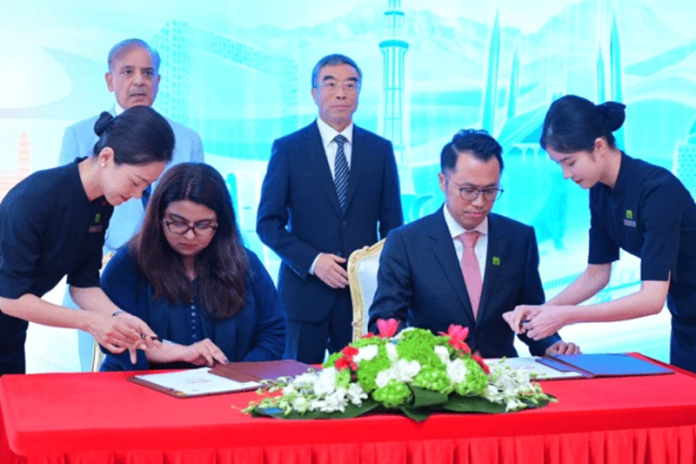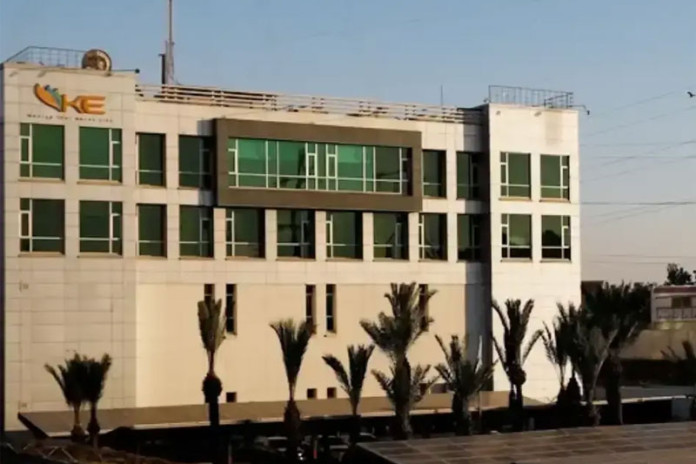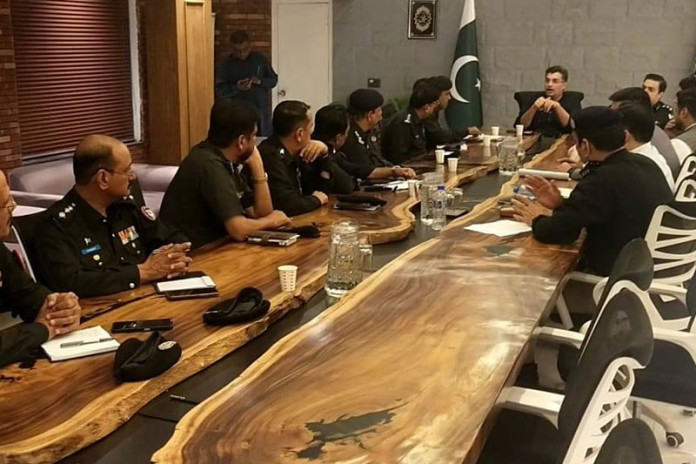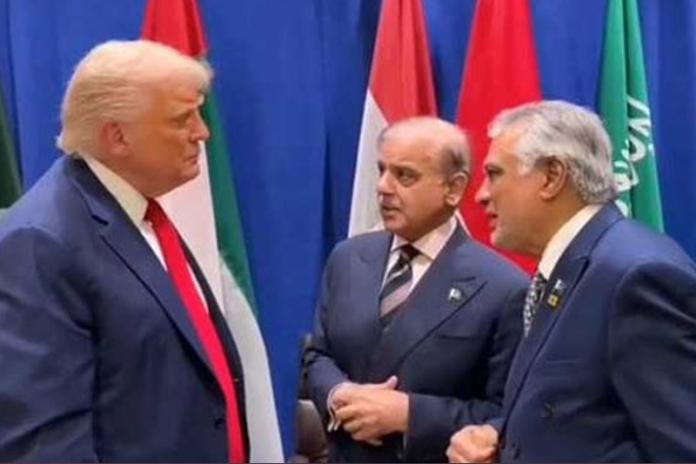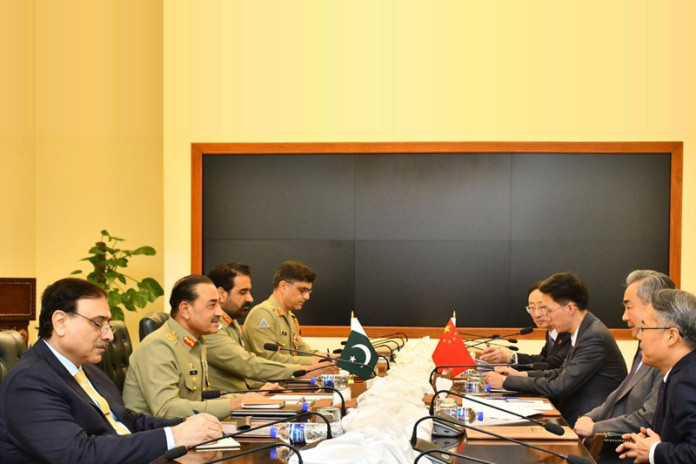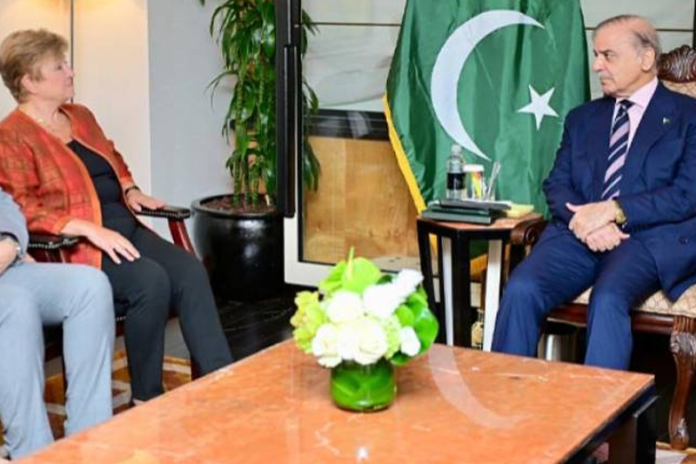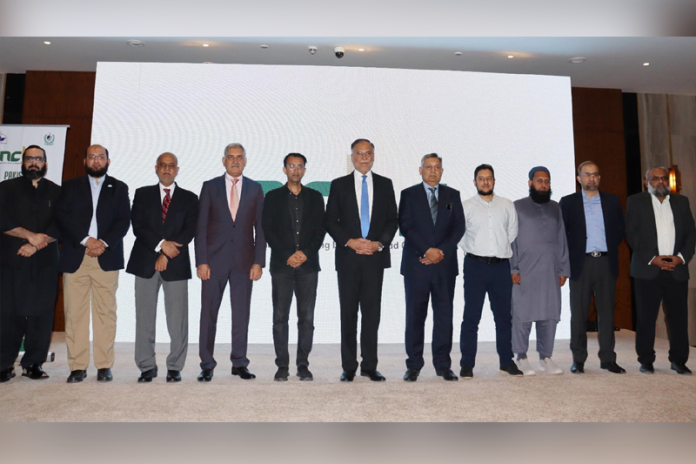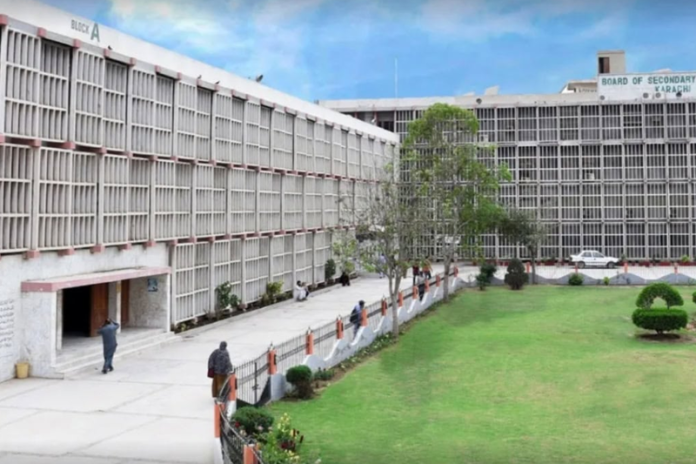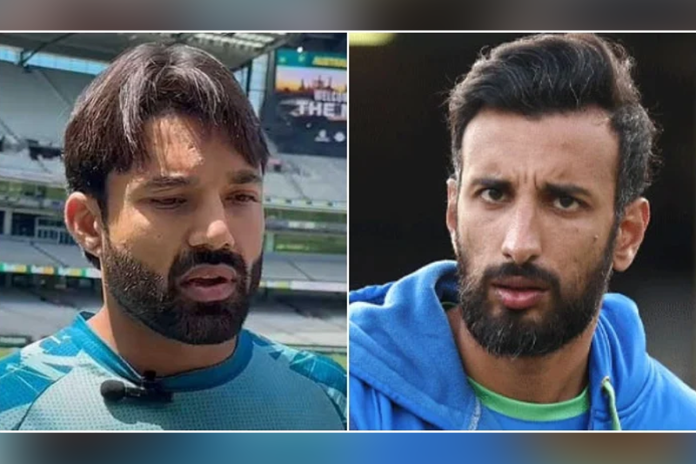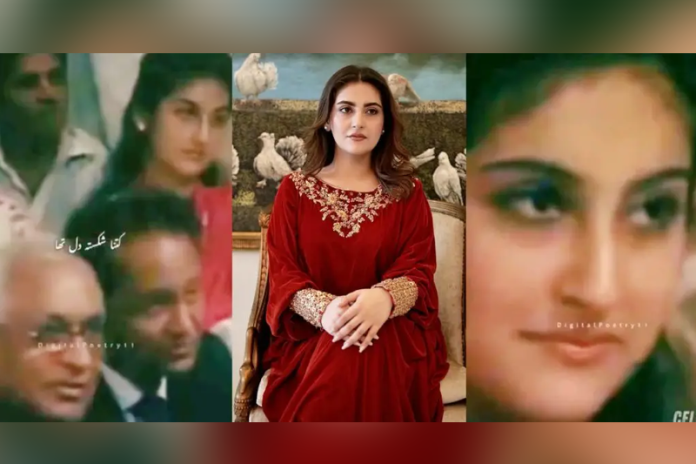A new era in Pakistan’s Judiciary: Justice Yahya Afridi’s pioneering appointment
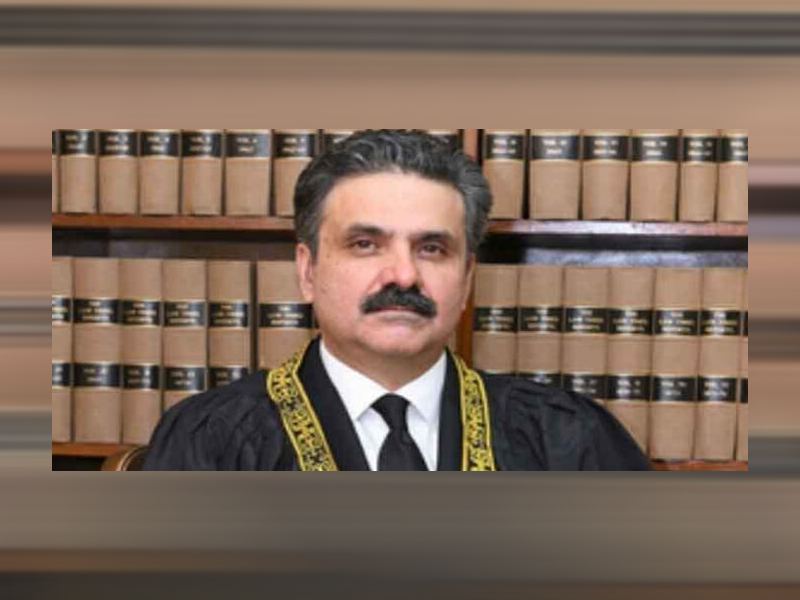
- 432
- 0
In Pakistan’s judiciary, a significant transformation is taking place that prioritizes merit and regional representation over traditional seniority. The appointment of Justice Yahya Afridi as the next Chief Justice of Pakistan (CJP) represents a crucial milestone in the country’s legal framework.
His ascension, along with that of Justices Muneeb Akhtar and Mansoor Ali Shah, showcases a judiciary increasingly focused on inclusivity and fairness. Justice Yahya Afridi, along with his peers, is part of a new wave of legal professionals in Pakistan. They share impressive educational backgrounds, having all attended Aitchison College, where both Yahya and Muneeb served as Head Boy, while Mansoor was a Prefect. Their common experiences in academics, sports Muneeb and Mansoor as tennis players, and Yahya and Mansoor as colleagues at the same law firm reflect their camaraderie and commitment to excellence. Each justice has furthered their education at prestigious institutions, with Yahya and Mansoor attending Cambridge, and Muneeb studying at Princeton.
Despite these shared traits, their paths to the Chief Justice role diverged following the 26th Amendment, which established merit-based appointments. Before this change, appointments followed a strict order of seniority. Although Yahya was initially senior, he was overlooked for elevation to the Supreme Court by former Chief Justice Saqib Nisar. His recent appointment as CJP symbolizes a shift away from rigid seniority and highlights the importance of merit and potential. Justice Afridi’s elevation is particularly significant for his home region, Khyber Pakhtunkhwa (KP), especially the former Federally Administered Tribal Areas (FATA).
His appointment sends a strong message to individuals from historically marginalized regions that opportunities for leadership in Pakistan’s judiciary are available to all. Similar to his predecessor, Justice Qazi Faez Isa from Balochistan, Afridi’s rise illustrates the diverse talent present within the nation. Both justices signify a commitment to fairness and representation from areas often overlooked in the corridors of power.
As Chief Justice, Afridi is expected to bolster the judiciary’s credibility. Renowned for his impartiality and commitment to justice, he is viewed as a neutral figure who prioritizes the law over political or personal agendas. Facing high-profile cases, potentially involving prominent figures like Imran Khan, Afridi’s reputation as an unbiased jurist will help mitigate concerns about political influence on the judiciary.
His leadership can serve as a protective layer for the government and establishment, allowing them to achieve their objectives while maintaining public trust in judicial integrity. The journeys of Justice Afridi and Justice Isa reflect the evolving nature of Pakistan’s judiciary. The emphasis on merit-based appointments and regional representation enhances the integrity of the legal system. This transformation signals a judiciary that recognizes talent and potential from all regions, rather than favoring those from central or dominant provinces.
This shift not only improves the public image of the government and establishment but also reinforces the judiciary’s role as an independent and credible institution. By valuing diversity and legal fairness, the appointments of Justice Afridi and Justice Isa contribute to a more inclusive national narrative, ensuring that the judiciary reflects the entire spectrum of Pakistani society. As Chief Justice Yahya Afridi assumes his new role, both the judiciary and the nation stand to gain from his leadership. His appointment marks a pivotal moment in Pakistan’s legal history, fostering hope for a more just, inclusive, and merit-driven future.

